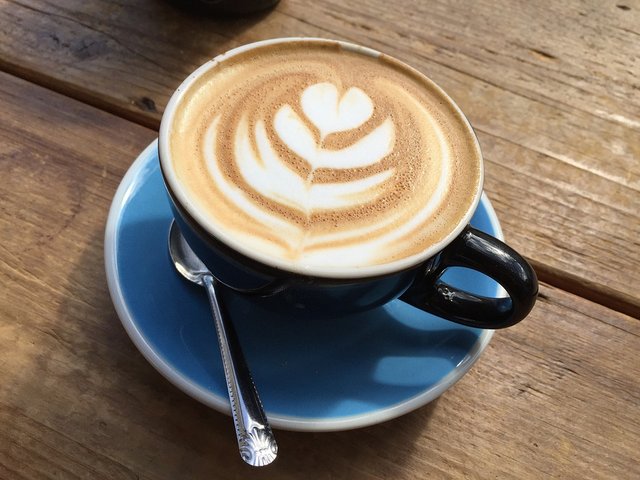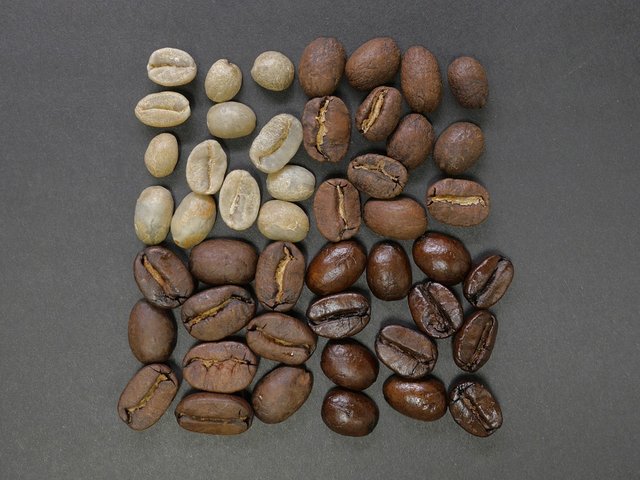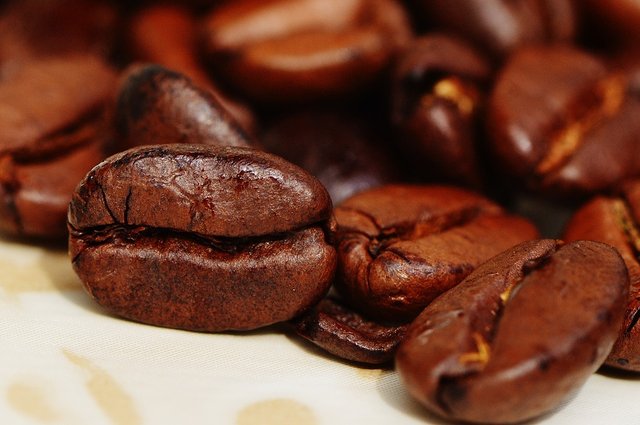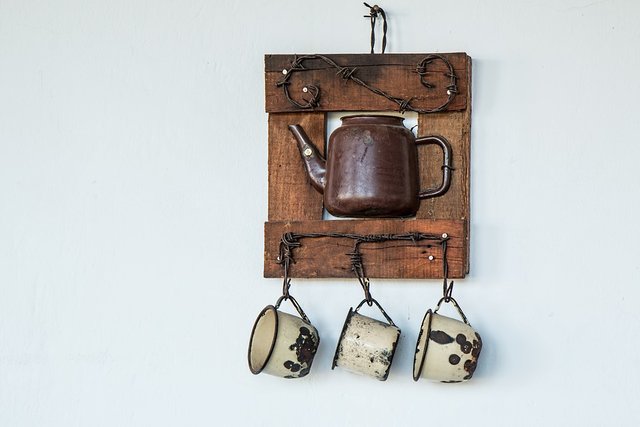Why Drink Stale Coffee? (Part 1)
Most people have never had fresh coffee.
I will tell you why and what steps you can take to enjoy a tasty coffee beverage for perhaps the first time.

Even with the huge popularity of coffee in our daily lives, people still consider the high priced cup of Java they buy at high end retail chains like Starbucks to be the best source for a top shelf cup of joe. What they don’t know, is that many coffee chains use beans up to 6 months after roasting and in fact, over roast the beans to achieve a more consistent taste (albeit burnt) throughout this fresh to stale to extremely stale period.

Any time you walk into a coffee chain store, you can either receive a brewed cup with burnt beans that are fresh, or more likely, a brewed cup with burnt beans that is stale. The goal is to give the customer a consistent experience without having to roast daily in over 22,000 stores worldwide.

They key to freshness in coffee is the rule of 15’s:
- Green (un-roasted) coffee beans are fresh for 15 months.
- Roasted coffee beans are fresh for 15 days.
- Ground coffee beans are fresh for 15 minutes.

So how do you enjoy fresh coffee daily?
I recommend living next door to a coffee roaster. Places like Whole Foods sell fresh roasted coffee displayed in huge bins and provide roast day information. Secondly, you can have fresh roasted coffee delivered to your door periodically if you don’t mind paying the shipping costs. But the most economic and fun way is to buy greens and roast at home! It’s not as hard as you think and I will show you how in Part 2.

Wow.. I have really been missing out. I have always bought whole beans and ground them all at once and place them in sealed container in the fridge. This woud expain why the first cup is .aways awesome and the rest just mediocre. However, I always ground my expresso beans as I wanted a coffee.
"Ground coffee beans are fresh for 15 minutes." that I did not know wow.
I drink about 3-4 cups of coffee a day, my work supplies it though so i dont have much say xD i just drink and shut up
I had heard that coffee starts oxidizing almost immediately. I recommend the Aeropress for a couple of reasons: 1) one cup at a time prevents over consumption, 2) excellent design and filtration, 3) cheap to buy, filters can be reused a LOT, 4) super easy to clean and doesn't break like a glass French press, and 5) invented by the guy who involved with the Frisbee !
I wouldn't say that the rule of 15s is a hard and fast rule for coffee. I've had plenty of excellent coffee that was roasted and packaged three months prior. But I certainly agree with you that Starbucks coffee is generally bad coffee. Even many of the local roasters don't really do anything different than Starbucks, except shorten the time from roasting to brewing. Most of them still buy less than premium beans from the large importers, create what they call "custom blends," and usually roast too dark - which is to say that they burn the beans, as you mentioned.
The difference between a premium or specialty bean and what you typically find in most coffee houses and in grocery stores is truly shocking. When you start with excellent quality, the "rules" of coffee roasting, storage, and brewing don't need to be so difficult to follow.
In any case - if you're interested in truly great coffee and want to be part of my project, follow me and check out my latest post. I'm currently working with farmers in Costa Rica and I have big plans over the next several months.
I'm excited to hear more about this in Part 2! I'm a budding barista here in NYC, and I love looking for ways to create a better coffee experience when I'm away from work. The proliferation of independent or small chain coffee shops in the city is incredible, and I enjoy learning more about coffee in all aspects of the supply chain from the farmers to the roasters to the shops. It's amazing the difference a fresh batch of coffee beans can do, when roasted correctly!
Hi, Gabrielle! If you're interested in the farming side of the coffee industry, you'll probably enjoy my posts on that. I'll be posting regularly about my business and other related projects in my farming communities. Follow me, if you'd like and check out my latest post.
Rule of 15's...good to know! I buy fresh roasted beans local, and use them up in a few weeks. Thanks for the post!
The same is true of flour. Ground flour is fresh for 15 minutes. Want really good muffins and pancakes? Get yourself a grain grinder, and grind the grains just before baking. Electric!
Excellent post.
I use a cheap hot air popcorn maker to roast green coffee beans. just keep a close eye on the colour.
Perfect timing, @justinlaak. I'm not a coffee drinker- too bitter for me. But maybe I've been going about it all wrong.
Hi @fairytalelife! Preparing coffee that's not bitter has a lot to do with the grind to facilitate an even extraction. I will talk more about that. A perfectly extracted espresso when you have the pressure, water, tamp, grind, blend all lined up perfectly is what is commonly referred to as a "God shot" and is pure bliss with zero bitterness.
you're lucky. not everyone get a chance to have a good neighbour. :-)
I did the green bean thing a few years ago, and even had an air roaster (I think you can use popcorn poppers too). It did smell good, and noticeably tastier, but IMO not worth the trouble long-term.
I do have a question... one of my co-workers swears by hand grinding beans instead of power grounding like I do with my little Braun grinder. Is hand grinding worthwhile? Something about burning the beans, right?
Some electric grinders can get a little warm while grinding a larger amount of beans. To be safe, go with a conical burr grinder. You'll get better consistency of the grind and there is very little heat generated from the friction of the grind.
Do you want to know the secret to a great cup of coffee? Buy premium-grade beans or better. That's pretty much it. Most of the other "tricks of the trade" are just that - tricks. Marketing gimmicks, mostly, because commercial coffee houses and retailers need to hit their margins and can't afford top quality. That's why they're always "blending" so much. It's a cost-saving mechanism...and most drinkers don't know the difference anyway.